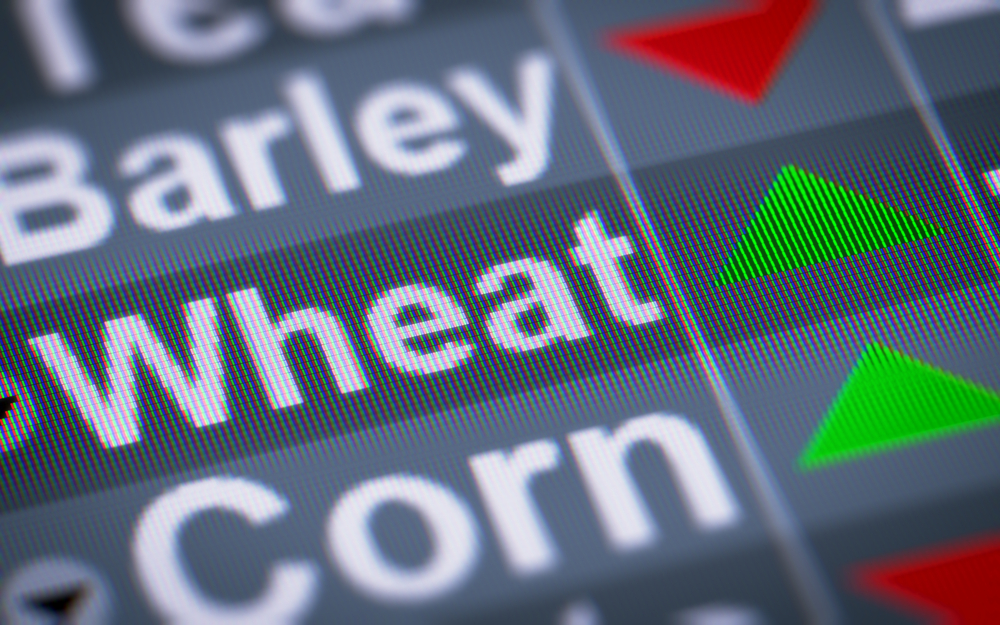RIYADH: Gold prices climbed more than 1 percent on Thursday after US Federal Reserve Chair Jerome Powell ruled out significant, aggressive interest rate hikes for the year as the central bank seeks to contain inflation without triggering an economic recession.
Rate hikes tend to lift bond yields, raising the opportunity cost of holding zero-yield bullion. Gold, which is also perceived as an inflation hedge, is now up for a third straight session in what could be its longest winning streak since mid-April.
Spot gold was up 1 percent at $1,900.38 per ounce, at 0548 GMT, after rising to its highest since April 29 earlier in the session.
US gold futures gained 1.8 percent to $1,901.90.
Silver inches further
Spot silver climbed 0.8 percent to $23.15 per ounce.
Platinum advanced 0.9 percent to $999.68, while palladium gained 0.7 percent to $2,270.79.
Grains up
On Thursday, Chicago wheat futures gained more ground, rising more than 1 percent with prices underpinned by expectations of lower exports from India, which had stepped up sales in recent months to fill a supply gap left by the Russia-Ukraine conflict.
The most-active wheat contract on the Chicago Board of Trade was up 1.1 percent at $10.88-3/4 a bushel at 0418 GMT, building on a 3 percent gain made in the last session.
Soybeans added 1.3 percent to $16.61 a bushel, and corn rose 0.7 percent to $7.99-1/2 a bushel.
Mexico to boost staple food output to curb inflation
Mexico will increase the production of staple foods such as corn, rice and beans as part of a plan agreed with business leaders to control consumer price inflation which is at a two-decade high, Finance Minister Rogelio Ramirez de la O said on Wednesday.
Ramirez spoke at a news conference alongside President Andres Manuel Lopez Obrador, who said the plan aimed to ensure fair prices for a basket of staple foods. Mexico was not planning to apply price controls, Lopez Obrador said.
The plan would be in place for six months and could be renewed if necessary and agreed with business leaders, said Ramirez. He expected a near-term impact on inflation expectations for basic goods.
Mexican annual inflation reached 7.72 percent in the first half of April, an over 20-year high that could prompt more interest rate increases by the central bank.
(With input from Reuters)

